Longtime Needham residents may find a listening session held on July 21st was an eye opener, where local stories of racial discrimination were shared. The event included stories ranging from microaggressions to physical abuses, and included procedural biases that happened in schools, law enforcement, local businesses and other public places.
“I and many people, for a long time, have heard there was racism in our town. But I always thought that was a small amount and I always thought we were a pretty welcoming town,” said Bill Paulson, a former School Committee member.
The listening session at Tuesday’s Select Board meeting was the first step of Needham’s Unite Against Racism Initiative, an ongoing effort to improve policies and practices to make Needham a truly inclusive, diverse and anti-racism town.
Below are a few of the stories and some of the participant’s recommendations from the session:
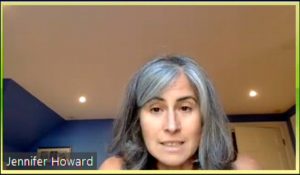 Jennifer Howard Schroeder, Co-Chair of the Needham Human Rights Committee, recalled a class placement practice employed in middle schools for years that used a student’s perceived race as a factor in creating school clusters. The practice eventually stirred outrage among the parents and led to a district-wide equity audit in the school system.
Jennifer Howard Schroeder, Co-Chair of the Needham Human Rights Committee, recalled a class placement practice employed in middle schools for years that used a student’s perceived race as a factor in creating school clusters. The practice eventually stirred outrage among the parents and led to a district-wide equity audit in the school system.
“Because my kids are white in a majority white school district in a world where whiteness is the default of many of our social institutions, I was never forced to ask myself whether my kids are experiencing anything that could disadvantage them in the long run and this is white privilege,” said Schroeder.
She suggested empowering the Human Rights Committee to be the recognized town body to hear, validate and act upon reports of hate and bias. She also proposed a town-wide equity audit.
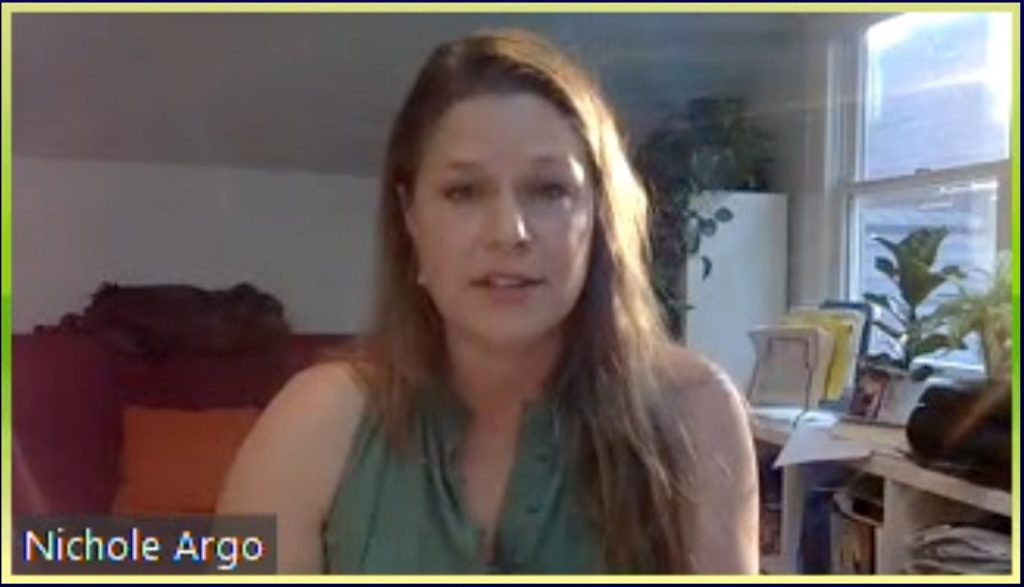 Nichole Argo spoke on behalf of the Lived Experiences Project, a story collection initiative created by a group of Needham residents with expertise in psychology, behavioral economics, social work and anthropology. They have been running a town-wide survey to collect anonymous first-hand stories regarding racism and injustice. In a week and half, they have received about 20 stories.
Nichole Argo spoke on behalf of the Lived Experiences Project, a story collection initiative created by a group of Needham residents with expertise in psychology, behavioral economics, social work and anthropology. They have been running a town-wide survey to collect anonymous first-hand stories regarding racism and injustice. In a week and half, they have received about 20 stories.
The stories described by Argo included an Asian nanny who was accosted by someone while picking up a child at a bus stop. She had police called on her, and the following day her car was shot by BB gun. Another featured a black student who had “white power” whispered at him during a football game. Still another told of a Caucasian driver who was pulled over. While the driver wasn’t asked to leave the vehicle, the black passenger was asked to come out and provide ID, etc.
The plan of the Lived Experiences Project is to release the survey results on a quarterly basis over the next year to inform town-wide reflection, discussion and policy. In September, they plan to release their first report.
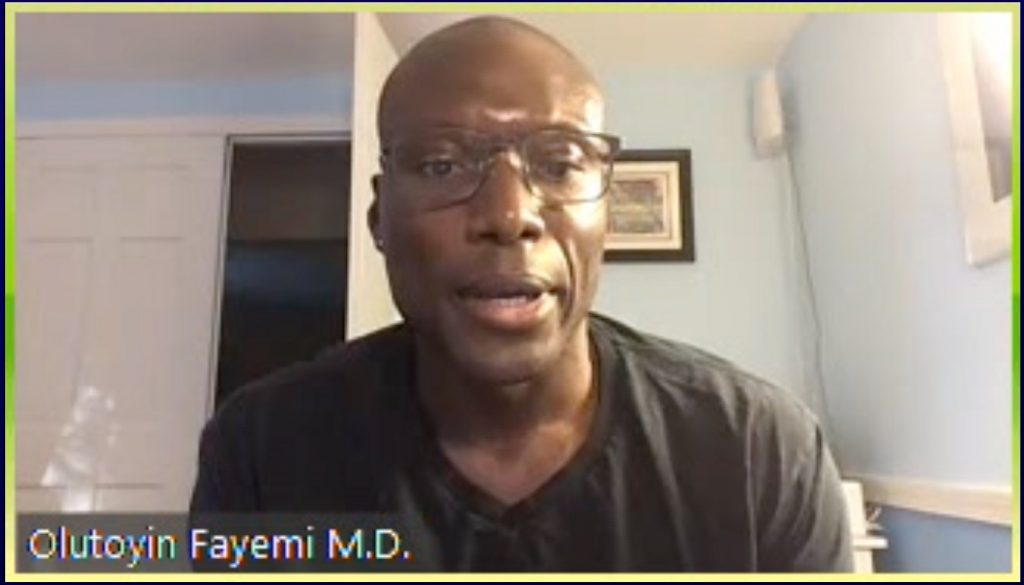 Dr. Olutoyin Fayemi has been a Needham resident for 13 years with both of his kids once enrolled in Needham Public Schools. “I can tell you that several times a year in this town, I had interactions that were extremely unpleasant. And I would say every couple of years, I had an interaction that made me want to move out of Needham,” Fayemi said.
Dr. Olutoyin Fayemi has been a Needham resident for 13 years with both of his kids once enrolled in Needham Public Schools. “I can tell you that several times a year in this town, I had interactions that were extremely unpleasant. And I would say every couple of years, I had an interaction that made me want to move out of Needham,” Fayemi said.
Fayemi recalled a couple of incidents where police were called on him because people didn’t believe he lived in this town. His son, who graduated from NPS, received lower expectations from teachers. According to Fayemi, his son was never recommended for any accelerated or advanced courses. “If not for our own advocacy, his education would’ve stalled. By senior year, he was taking all APs or accelerated courses and he’s getting As in most of them,” he said.
However, Fayemi’s daughter only made it through 7th grade before her parents transferred her to a private school because she was experiencing routine interactions with people who told her that she was not good enough, and she didn’t belong.
“My recommendation to everyone is that we need to learn about the past, especially our children. There is no black history month. We use excuses like black history has been taught through the curriculum. I can tell you that my children know nothing about slavery, civil war, reconstruction, civil rights, red-lining, and the list goes on. As long as we continue to ignore the past, we are gonna do exactly what we are doing,” said Fayemi.
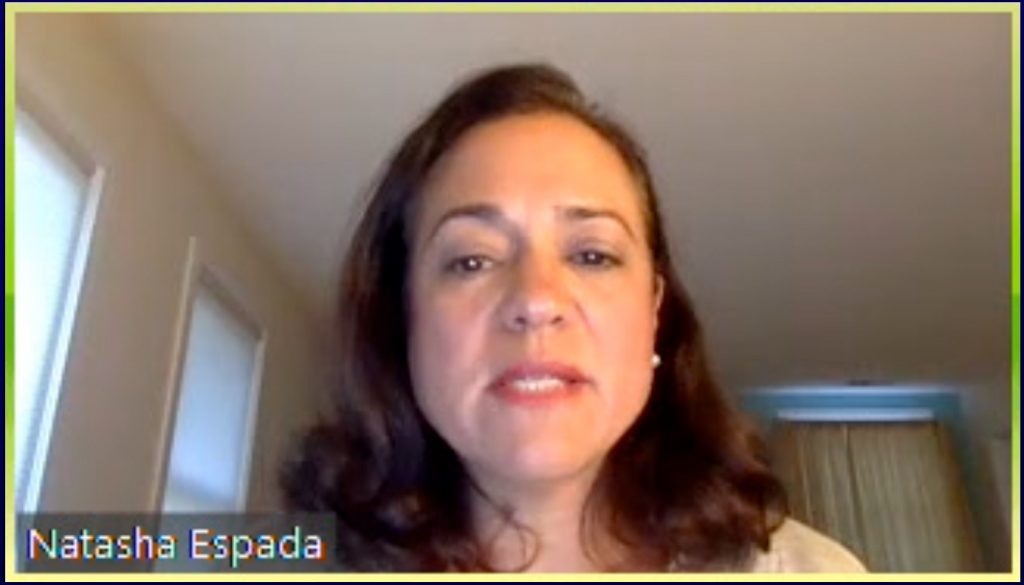 Natasha Espada, a Puerto Rican architect who’s been a Needham resident for 20 years, pointed out the lack of representation of minorities in town leadership.
Natasha Espada, a Puerto Rican architect who’s been a Needham resident for 20 years, pointed out the lack of representation of minorities in town leadership.
“ If Needham aspires to be a diverse community that eliminates racism, it has to have structural changes,” Espada said. “It needs to look at diverse candidates for employment at all levels of town jobs in Needham, including town hall and the schools.”
Espada said Needham may not have a big pool of minorities who are willing to apply for positions and the town should dismantle some of the barriers that currently exclude diversity and minorities, including housing. “If we want diversity, we need housing that are affordable for the middle class. The state mandates affordable housing and we meet the minimum required but continue to tear down houses to build multi-million dollars homes,” said Espada.
After hearing the feedback, the Select Board acknowledged that a lot still needs to be done to make Needham truly inclusive and anti-racism. But they shared their gratitude to those who testified, and expressed optimism for the continuation of the Unite Against Racism initiative.
Click here to watch the entire session.
“I and many people, for a long time, have heard there was racism in our town. But I always thought that was a small amount and I always thought we were a pretty welcoming town,” said Bill Paulson, a former School Committee member.
The listening session at Tuesday’s Select Board meeting was the first step of Needham’s Unite Against Racism Initiative, an ongoing effort to improve policies and practices to make Needham a truly inclusive, diverse and anti-racism town.
Below are a few of the stories and some of the participant’s recommendations from the session:
 Jennifer Howard Schroeder, Co-Chair of the Needham Human Rights Committee, recalled a class placement practice employed in middle schools for years that used a student’s perceived race as a factor in creating school clusters. The practice eventually stirred outrage among the parents and led to a district-wide equity audit in the school system.
Jennifer Howard Schroeder, Co-Chair of the Needham Human Rights Committee, recalled a class placement practice employed in middle schools for years that used a student’s perceived race as a factor in creating school clusters. The practice eventually stirred outrage among the parents and led to a district-wide equity audit in the school system.
“Because my kids are white in a majority white school district in a world where whiteness is the default of many of our social institutions, I was never forced to ask myself whether my kids are experiencing anything that could disadvantage them in the long run and this is white privilege,” said Schroeder.
She suggested empowering the Human Rights Committee to be the recognized town body to hear, validate and act upon reports of hate and bias. She also proposed a town-wide equity audit.
 Nichole Argo spoke on behalf of the Lived Experiences Project, a story collection initiative created by a group of Needham residents with expertise in psychology, behavioral economics, social work and anthropology. They have been running a town-wide survey to collect anonymous first-hand stories regarding racism and injustice. In a week and half, they have received about 20 stories.
Nichole Argo spoke on behalf of the Lived Experiences Project, a story collection initiative created by a group of Needham residents with expertise in psychology, behavioral economics, social work and anthropology. They have been running a town-wide survey to collect anonymous first-hand stories regarding racism and injustice. In a week and half, they have received about 20 stories.
The stories described by Argo included an Asian nanny who was accosted by someone while picking up a child at a bus stop. She had police called on her, and the following day her car was shot by BB gun. Another featured a black student who had “white power” whispered at him during a football game. Still another told of a Caucasian driver who was pulled over. While the driver wasn’t asked to leave the vehicle, the black passenger was asked to come out and provide ID, etc.
The plan of the Lived Experiences Project is to release the survey results on a quarterly basis over the next year to inform town-wide reflection, discussion and policy. In September, they plan to release their first report.
 Dr. Olutoyin Fayemi has been a Needham resident for 13 years with both of his kids once enrolled in Needham Public Schools. “I can tell you that several times a year in this town, I had interactions that were extremely unpleasant. And I would say every couple of years, I had an interaction that made me want to move out of Needham,” Fayemi said.
Dr. Olutoyin Fayemi has been a Needham resident for 13 years with both of his kids once enrolled in Needham Public Schools. “I can tell you that several times a year in this town, I had interactions that were extremely unpleasant. And I would say every couple of years, I had an interaction that made me want to move out of Needham,” Fayemi said.
Fayemi recalled a couple of incidents where police were called on him because people didn’t believe he lived in this town. His son, who graduated from NPS, received lower expectations from teachers. According to Fayemi, his son was never recommended for any accelerated or advanced courses. “If not for our own advocacy, his education would’ve stalled. By senior year, he was taking all APs or accelerated courses and he’s getting As in most of them,” he said.
However, Fayemi’s daughter only made it through 7th grade before her parents transferred her to a private school because she was experiencing routine interactions with people who told her that she was not good enough, and she didn’t belong.
“My recommendation to everyone is that we need to learn about the past, especially our children. There is no black history month. We use excuses like black history has been taught through the curriculum. I can tell you that my children know nothing about slavery, civil war, reconstruction, civil rights, red-lining, and the list goes on. As long as we continue to ignore the past, we are gonna do exactly what we are doing,” said Fayemi.
 Natasha Espada, a Puerto Rican architect who’s been a Needham resident for 20 years, pointed out the lack of representation of minorities in town leadership.
Natasha Espada, a Puerto Rican architect who’s been a Needham resident for 20 years, pointed out the lack of representation of minorities in town leadership.
“ If Needham aspires to be a diverse community that eliminates racism, it has to have structural changes,” Espada said. “It needs to look at diverse candidates for employment at all levels of town jobs in Needham, including town hall and the schools.”
Espada said Needham may not have a big pool of minorities who are willing to apply for positions and the town should dismantle some of the barriers that currently exclude diversity and minorities, including housing. “If we want diversity, we need housing that are affordable for the middle class. The state mandates affordable housing and we meet the minimum required but continue to tear down houses to build multi-million dollars homes,” said Espada.
After hearing the feedback, the Select Board acknowledged that a lot still needs to be done to make Needham truly inclusive and anti-racism. But they shared their gratitude to those who testified, and expressed optimism for the continuation of the Unite Against Racism initiative.
Click here to watch the entire session.








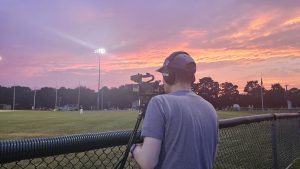

More Stories
Clean-Up Costs Town Time and Money at Rosemary
Needham Rocks All-Scholastics
Emery Grover Construction Progresses